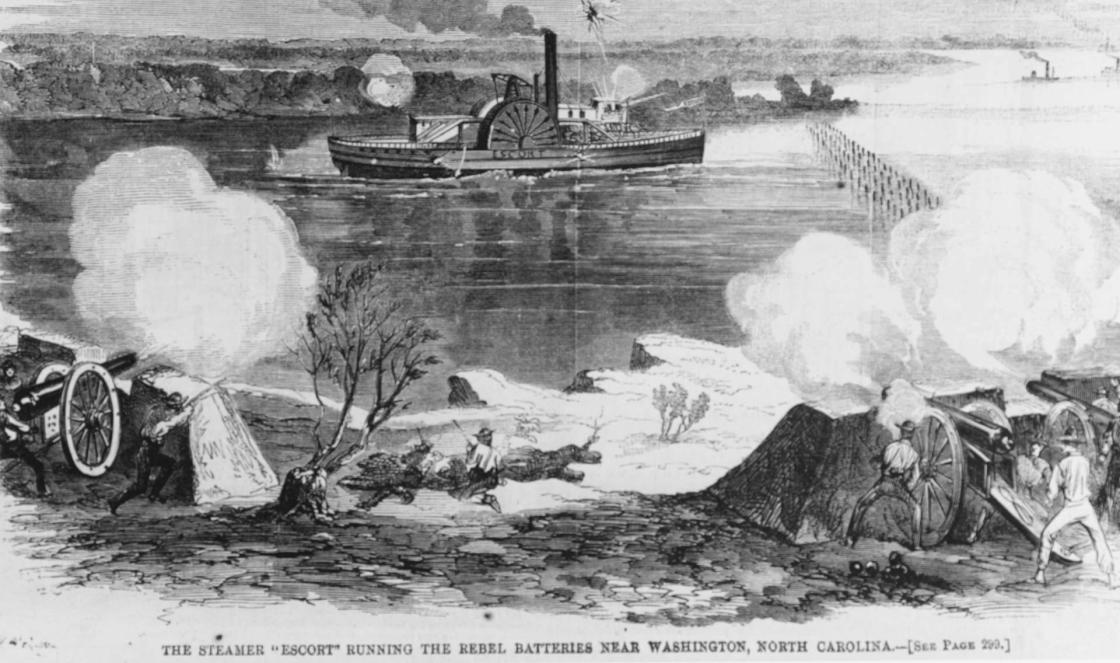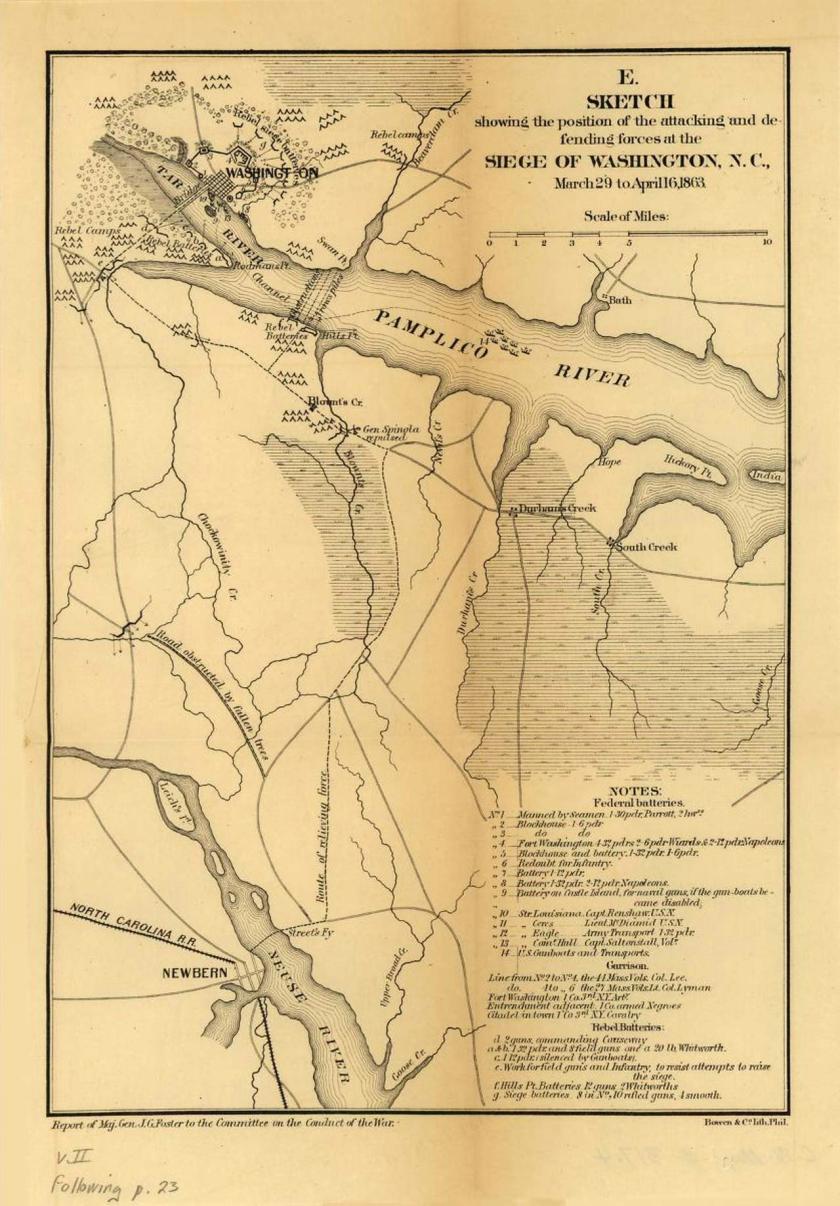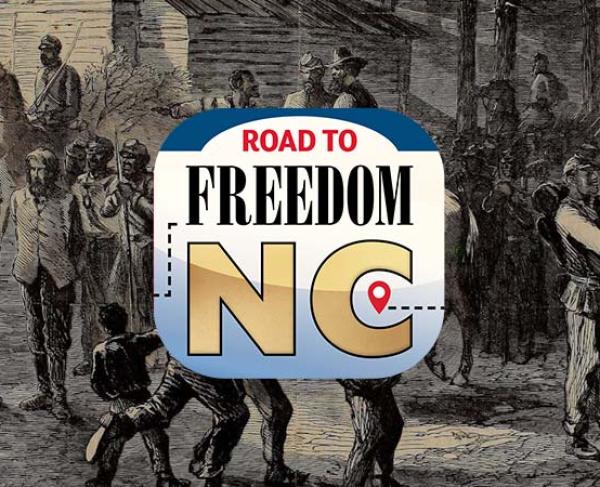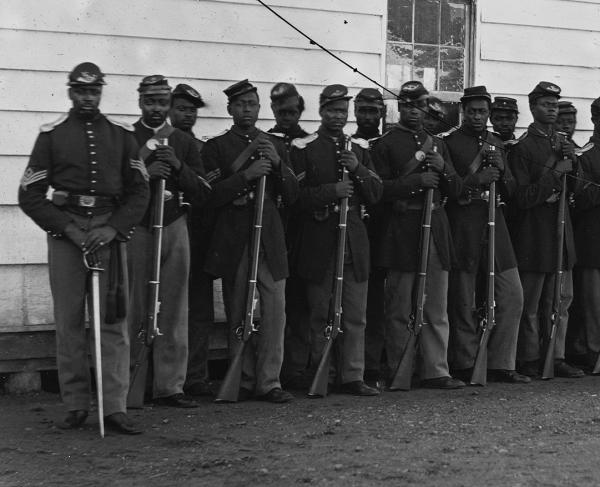African Americans Defend Washington
North Carolina
Corner of West Main and Gladden Streets
Washington, NC 27889
United States
This heritage site is a part of the American Battlefield Trust's Road to Freedom: North Tour Guide app, which showcases sites integral to the Black experience during the Civil War era. Download the FREE app now.

The African Americans who joined Union forces in defending Washington, North Carolina against a Confederate siege in March and April 1863 foreshadowed the significant role Black soldiers would play in the Civil War.
Union troops under General Burnside first entered Washington in March 1862 and soon drew escaping slaves to this strategic town where the Tar River becomes the tidal Pamlico River. Because of its access to the Pamlico Sound and the ocean beyond, the Confederates tried to retake the town, attacking the Federal garrison and laying siege using artillery and river obstructions to prevent resupply.

A Union officer had read the Emancipation Proclamation from the steps of Washington’s Presbyterian church on January 3, 1863. Fundamental to its “military necessity” was the provision to receive freedmen “into the armed service of the United States.” Some Black men served as armed Union pickets in Elizabeth City as early as October 1862, and others such as William Henry Singleton served as scouts and began drilling without weapons. But the order to recruit African Americans into the army did not come until May 22, 1863.
Before then, Union General Foster, who slipped into Washington with reinforcements on March 30, recalled for U.S. Secretary of War Edwin Stanton that “the negroes applied to me for arms, and to strengthen my lines I armed about 120, all that I had arms for.”
At least two African American boatmen died while ferrying Union soldiers against the Confederates below Washington at Rodman’s Point on the night of March 30-31. William Wells Brown, a Black abolitionist and writer, later recounted the story of one of them, “Big Bob,” complete with a heroic poem. By mid-April, reinforcements and supplies carried on Union steamer “Escort” broke the siege.

